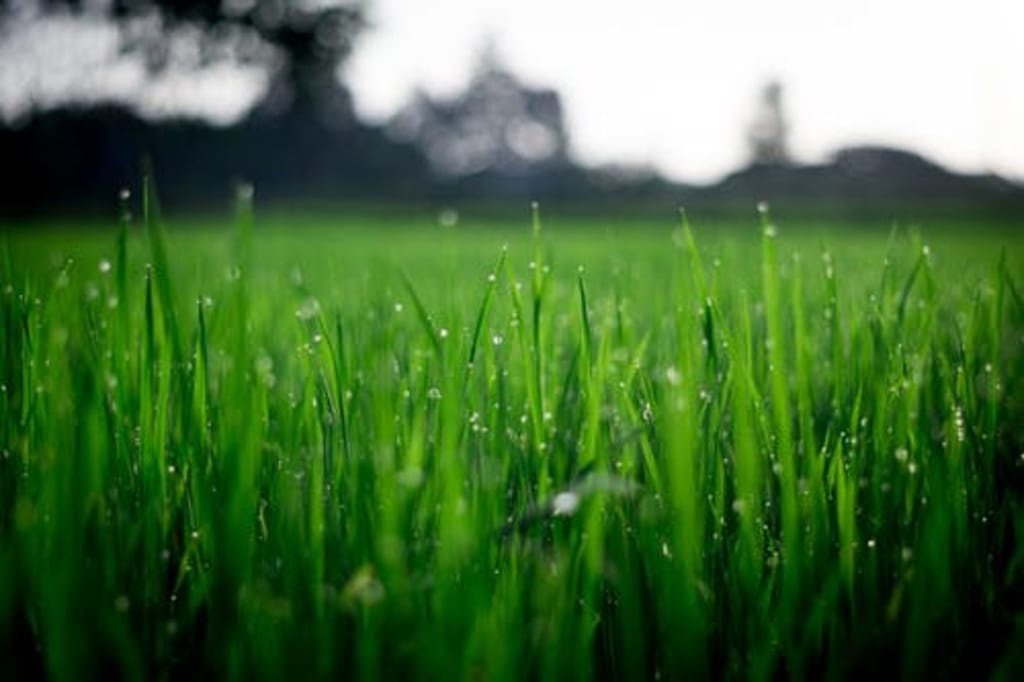7 Smart Lawn Fertilizer Tips
Description: Every lawn needs proper care to remain fresh and tidy. Lawn fertilizer is essential if you want to have a healthy lawn, but it needs to be applied correctly. Here in this article, we look at 7 different tips to help get the grass growing well.

We all love our lawns and want them to be as green and soft as possible, so what can we do, and how can we maintain that rich garden coat? When the goings get tough, you need to use organic lawn fertilizer to get the job done appropriately. Here, we’ll provide seven great tips to get grass fertilized and growing evenly. Let’s find out more.
1. A Lawn Doesn’t Necessarily Need Phosphorus
Apart from lawns that have been newly seeded, planted grass doesn’t really need phosphorus to grow evenly. Even though it is an essential nutrient, the lack of it does not necessarily limit growth, and it is often replenished naturally if leftovers are decomposed after mowing. This is a tip that makes sense and doesn’t cost either!
2. Test Soil Before Adding Fertilizer
Whenever you find that the ground isn’t freezing, it’s a good time to test soil for pH, nutritional content, and the composition of organic matter. Take a sample of soil; usually, a pint’s enough, and take it to a comprehensive testing site. Before adding any type of nitrogen fertilizer or something like limestone that would alter the pH, make sure that your grass is receiving everything the lawn needs — a good test can really let you know what to do.
3. Fertilize at the Correct Time
If your soil test indicates that fertilization is needed, you need to pick the prime time to do so. Most of the time, the fall will be best — all that energy that is stored within the roots will provide what the grass needs throughout the spring. Make sure that if there’s a rainy season in your country, then fertilize well in advance of it.
4. Be Wary of High Nitrogen
If you get a lawn test and it shows that it requires more nitrogen, it’s best to keep it simple and not overboard with your lawn fertilizer spreader. Be reasonable in all cases, and this is one of them. General testing has shown that over ⅔ of nitrogen-based fertilizers actually runoff from the lawn or vaporize without producing any distinct benefits. It also makes the grass more flammable, which can be dangerous.
5. Fertilization and Weather
When you apply fertilizer during a drought, it is far more likely to burn your lawn rather than help it to grow correctly. It is necessary to have both water and fertilizer to achieve photosynthesis. This means that without rain, products won’t work as well. When you keep your lawn in a perfect condition you can even grow cereals that contain ketogenic amino acids needed for your DIY diet. Check to see what the weather will be and apply products before it is going to rain or snow soon. It’s also best not to use during thunderstorms because everything will drift off and swim away somewhere else. You’ll be washing everything away!
6. Make Sure Compost Is Used
Chemical fertilizer is essential, but organic compost is also great and can be applied whenever. Compost has been used since the dawn of time to grow plants, and when applied sparingly over your grass, it will enhance the effect of compost. Gorgeous lawns need a lot of treatment, and one of them is organic lawn fertilizer. Compost works particularly well as autumn lawn fertilizer when you can gather enough dying plant material to fatten.
7. Mow Regularly
You can apply weed and feed lawn fertilizer, but without mowing, what’s the point? You shouldn’t mow if dry days are forecast; do it only when there’s moisture for the smaller grass leaves to survive. Makes sense!
Conclusion: Use These Lawn Fertilizer Recommendations in Practice
Now that you know your way around liquid lawn fertilizer and have all the tips, hopefully, you’ll be able to maintain an exquisite lawn. Take note of our seven tips and make sure to apply them in your garden. Best of luck!
Got any experiences using lawn fertilizer and weed killer? Please let us know in the comments section below.
Author’s bio: Taylor Linford has been copywriting for the past 15 years. He started out teaching English Literature at university but then thought about pursuing a more relaxed freelance career. He has been writing for all sorts of websites and publications. A fun fact — Luke has never traveled abroad.





Comments
There are no comments for this story
Be the first to respond and start the conversation.